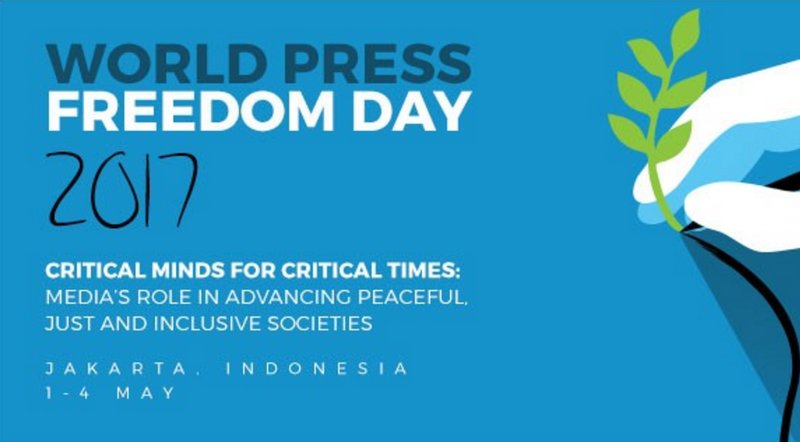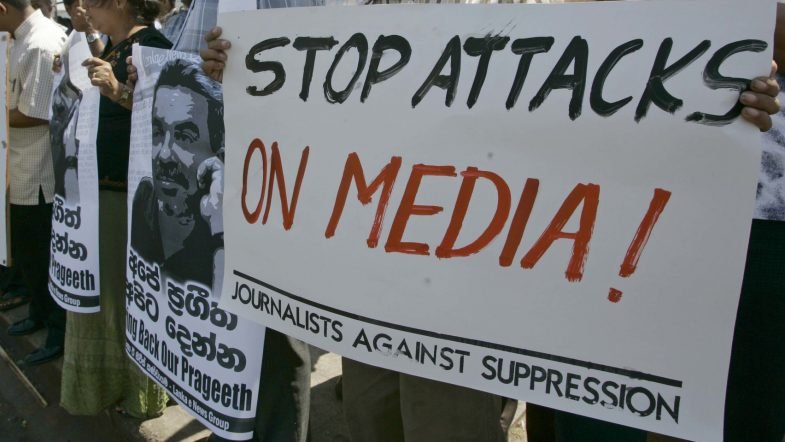The industry of journalism stands on the shoulders of seven words: The pen is mightier than the sword. Ever since Johann Carolus published the first newspaper in 1605, journalists have been wielding words as weapons to combat ignorance, inform masses, and in some exceptional cases, literally bring down oppressive regimes.
For those of you who don’t know, May 3rd is celebrated as World Press Freedom Day.
Celebrating the impartial, indomitable spirit of journalism, the day is dedicated to raising awareness about freedom of the press around the world, along with reminding governments about the imperative freedom of expression that every human should exercise.

The debate about whether we really need journalism has become even more pertinent in modern times when media houses, newspapers and channels are being driven to closure under totalitarian governments and dictatorships.
For many journalists, their profession now hangs over their head like a sword that could drop any moment.
Incarceration, deportation, threats upon their lives and that of their families’, and even death: nothing is off the table when it comes to punishing a scribe for daring to hold authority figures culpable for their actions. While it may not be as apparent in India, you just need to go to Google and look up Turkey and Russia to know how tough life is for journalists in those countries.

This year, thus, the World Press Freedom Day invited many conversations about the dwindling freedom of expression for journalists across the globe. While many publications denounced governments’ inability to handle questions and criticisms, a newspaper in India tried to show how undue censorships affect news.
A popular Malayalam national daily, Mathrubhumi, published a redacted front page on May 3rd in order to stand in solidarity with hundreds of persecuted journalists in the world.
The page was accompanied by a short note from the Mathrubhumi group, calling people to take arms against the shadow of oppression that looms over journalists all over the world. Seeing that the newspaper is actually one of India’s oldest firebrand newspapers (it was actually founded to aid the freedom struggle in Kerala and was also visited by Mahatma Gandhi at a point in history), this fearless step is actually characteristic of Mathrubhumi.
Evidently, Mathrubhumi’s brilliant initiative caught the attention of the Twittersphere.
In fact, the newspaper also caused waves abroad; American journalist and Director of the International Press Institute, Alison Bethel-McKenzie applauded Mathrubhumi’s efforts.
Way to go, guys!